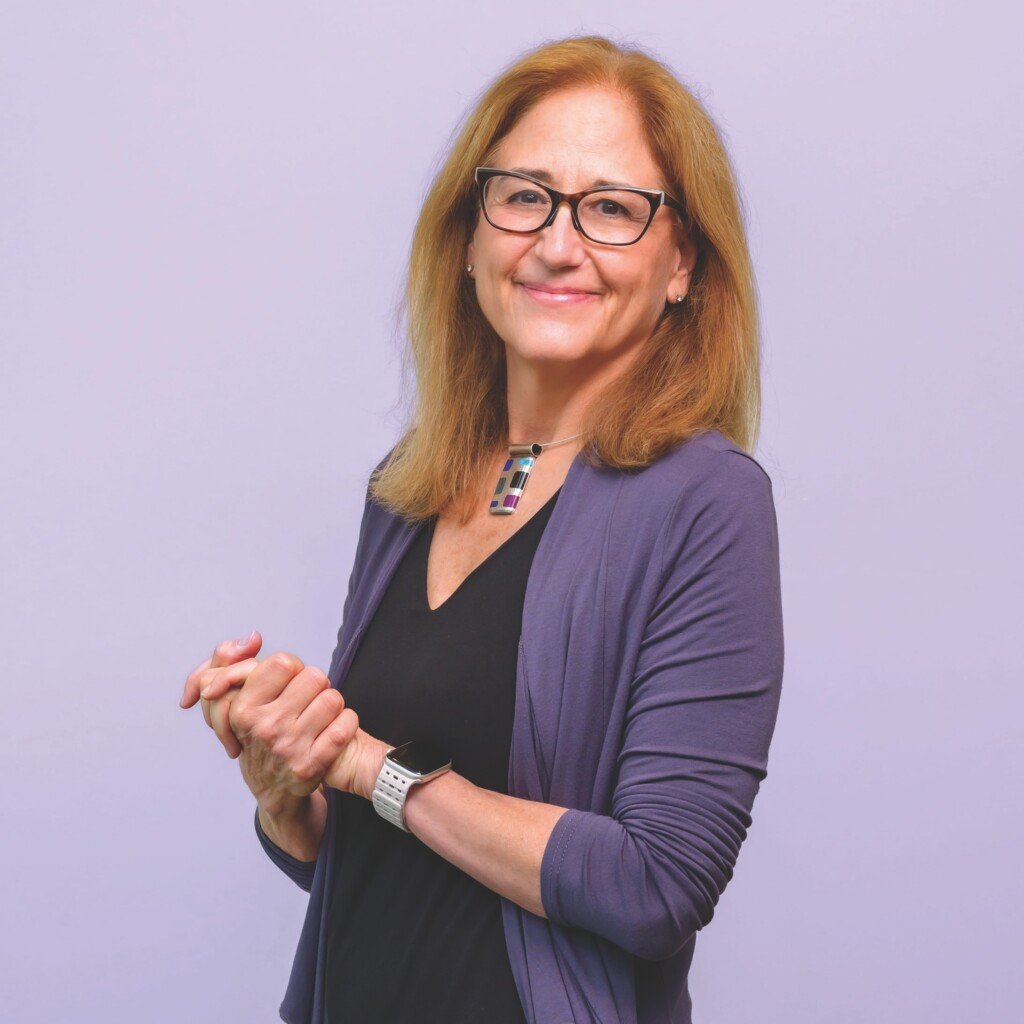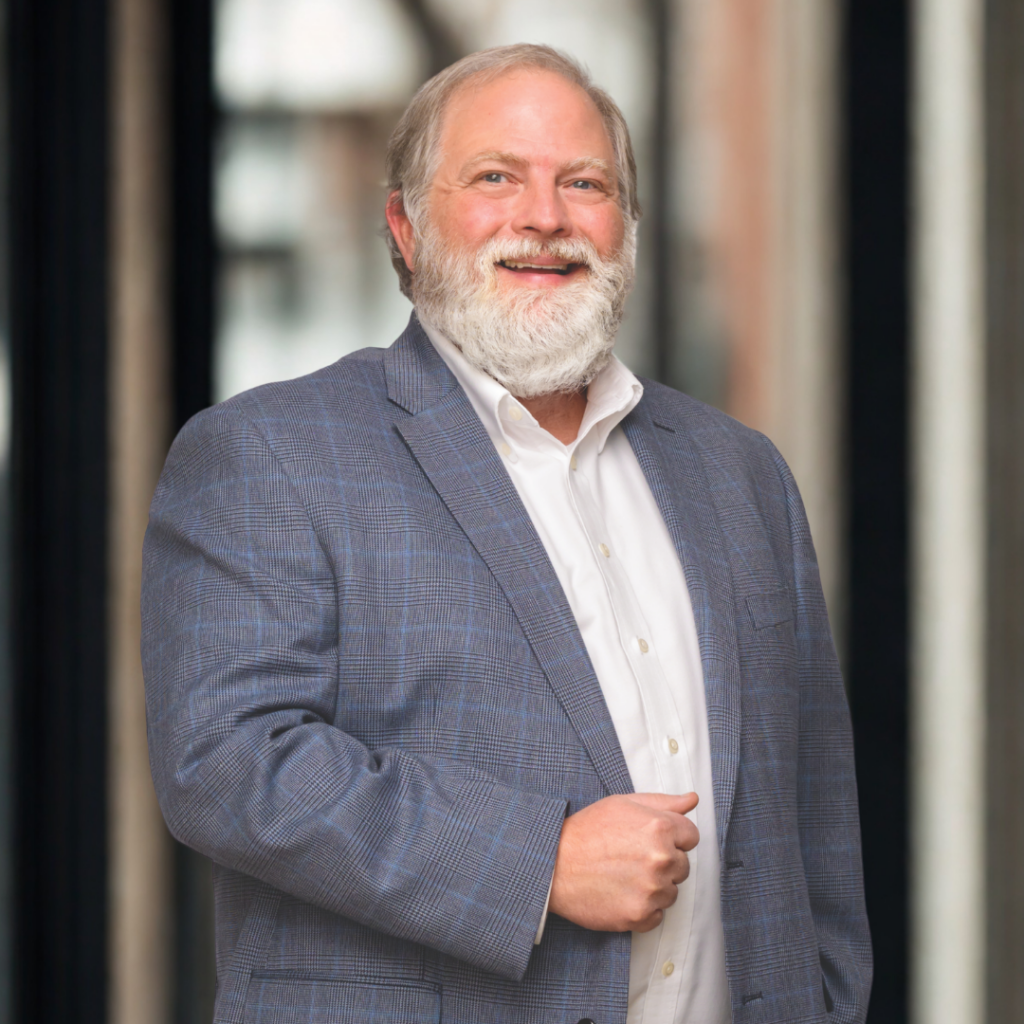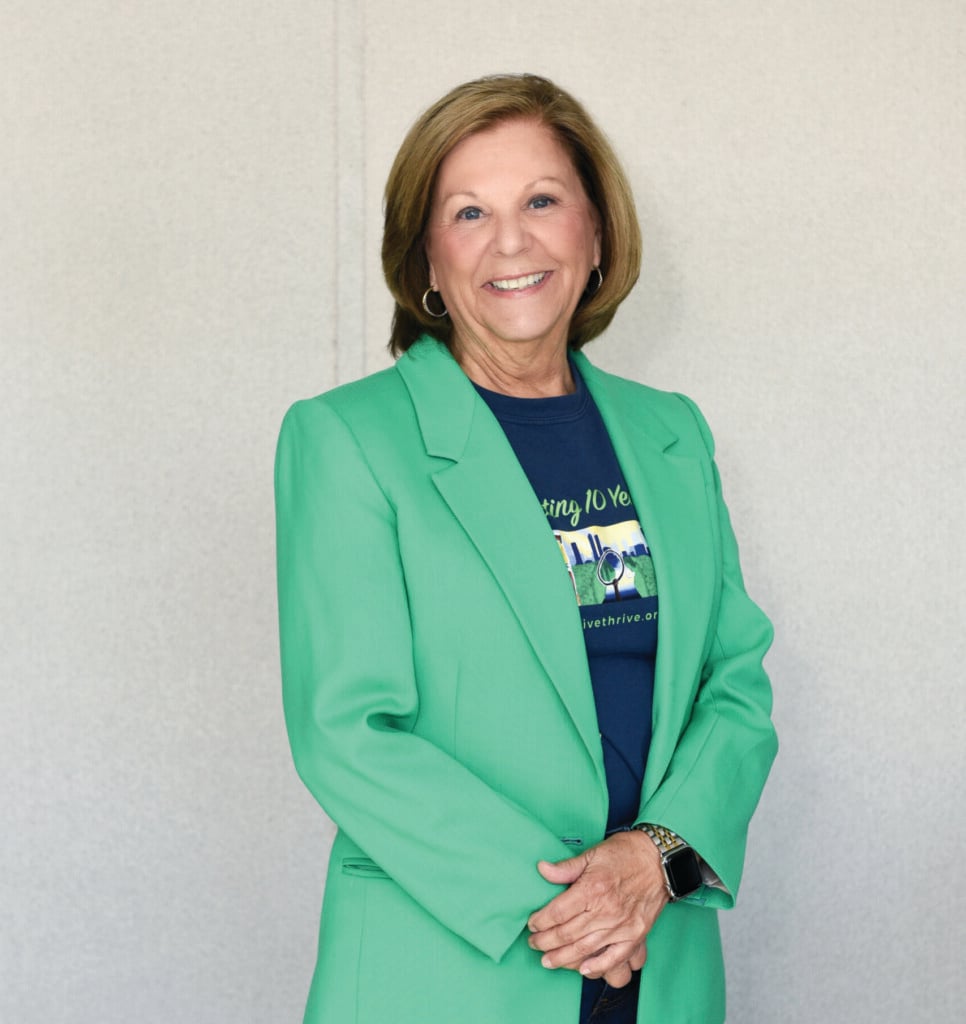Catching Up With… Robert Bunch
President, Anthem Blue Cross and Blue Shield in Georgia
Robert Bunch has worked for Anthem for nearly 25 years. He was named president in 2022 at a time when the healthcare industry was still reeling from COVID. These are edited highlights from an interview.
Tell us about Anthem.

 Anthem Blue Cross Blue Shield is unique in that we serve all 159 counties in Georgia. So I’m very focused on making sure that we are providing accessible, affordable care for the entire state. When I grew up, Blue Cross Blue Shield was synonymous with healthcare and health insurance. And I still like to believe that it is. Our main offices are in Atlanta and Columbus. We also have offices in Savannah and a small presence in Macon. We have about 6,000 [employees] in Georgia. We serve 4.2 million people in Georgia.
Anthem Blue Cross Blue Shield is unique in that we serve all 159 counties in Georgia. So I’m very focused on making sure that we are providing accessible, affordable care for the entire state. When I grew up, Blue Cross Blue Shield was synonymous with healthcare and health insurance. And I still like to believe that it is. Our main offices are in Atlanta and Columbus. We also have offices in Savannah and a small presence in Macon. We have about 6,000 [employees] in Georgia. We serve 4.2 million people in Georgia.
 What are your priorities as president?
What are your priorities as president?
COVID shook the market overall [and], shook people. A lot of lives were lost, and there was an enormous expense with trying to figure out how to care for COVID patients. Coming out of COVID, we had to stabilize the financials really quickly, which was one of my big priorities.
The second thing was to take a look at our provider network and our contracts and make sure that they had been keeping up with the times. We have a new contract with Northside Hospital. We have new contracts with Wellstar, Grady and Piedmont. The focus was really on: can we move to a value-based care arrangement? Can I make sure that the hospital has a sustainable amount of income, but that we’re paying for outcomes and really incentivizing that? That was the heart of it.
 What are some of the challenges you see in healthcare in Georgia?
What are some of the challenges you see in healthcare in Georgia?
 We still have affordability challenges in Georgia. We still don’t have the best outcomes. We’re a growing state. We don’t have enough primary care physicians, which is another priority that we’re working on. Our maternal health outcomes aren’t great.
We still have affordability challenges in Georgia. We still don’t have the best outcomes. We’re a growing state. We don’t have enough primary care physicians, which is another priority that we’re working on. Our maternal health outcomes aren’t great.
 What can Anthem do to address these challenges?
What can Anthem do to address these challenges?
 We can’t keep doing the things we’ve done. We’re going to have to move the model of care to something different. We’re incentivizing that and working on paying for better outcomes and helping people modernize how they approach care.
We can’t keep doing the things we’ve done. We’re going to have to move the model of care to something different. We’re incentivizing that and working on paying for better outcomes and helping people modernize how they approach care.
[According to the National Heart, Lung and Blood Institute] 80% of heart health issues can be prevented. We’re leaning in on the American Heart Association because heart health is still a big deal. Food insecurity is a big problem in metro areas and in rural areas. With our foundation [Elevance Health Foundation], we’ve given a lot of money toward food security, better food outcomes, better education, better quality food. Maternal health is a focus. We still have too many babies being born premature. The mother’s health isn’t great. We’re investing in doulas, ensuring that there’s rural access. All of that was about $7.5 million in grants last year, [and] that was just for Georgia.
 How is Anthem helping to increase access statewide?
How is Anthem helping to increase access statewide?
 A lot of what we’re doing is providing virtual care options. We always had telehealth. It became a necessity during the pandemic, so people became comfortable with it. That being said, in parts of the state there is not great broadband access.
A lot of what we’re doing is providing virtual care options. We always had telehealth. It became a necessity during the pandemic, so people became comfortable with it. That being said, in parts of the state there is not great broadband access.
It is something we’ve worked with the state on. There’s the [governor’s] rural taskforce on health. There’s a big initiative on getting more healthcare workers in Georgia. What we’ll see in the rural areas is more occupational health, healthcare on premises. You’re seeing this in the Hyundai EV plant near Savannah.
 You’ve recently partnered to open primary care clinics in the Atlanta area. What are those about?
You’ve recently partnered to open primary care clinics in the Atlanta area. What are those about?
 We have a shortage of primary care physicians in Georgia. So we launched a partnership with a company called apree health. It’s not just [a place where] you see your primary care physician when you need them. It is more proactive. They do introductory calls, they bring you in, they do a health assessment so that they can get a good baseline. And then if you do have something that you need treatment for or if you get sick, they don’t just prescribe a treatment, they follow up with you. There’s a lot more hands-on monitoring to ensure that we’re getting good outcomes. We have four clinics in Atlanta in various areas. We’re opening a fifth in College Park soon. They’re called Vera Whole Health Centers.
We have a shortage of primary care physicians in Georgia. So we launched a partnership with a company called apree health. It’s not just [a place where] you see your primary care physician when you need them. It is more proactive. They do introductory calls, they bring you in, they do a health assessment so that they can get a good baseline. And then if you do have something that you need treatment for or if you get sick, they don’t just prescribe a treatment, they follow up with you. There’s a lot more hands-on monitoring to ensure that we’re getting good outcomes. We have four clinics in Atlanta in various areas. We’re opening a fifth in College Park soon. They’re called Vera Whole Health Centers.






